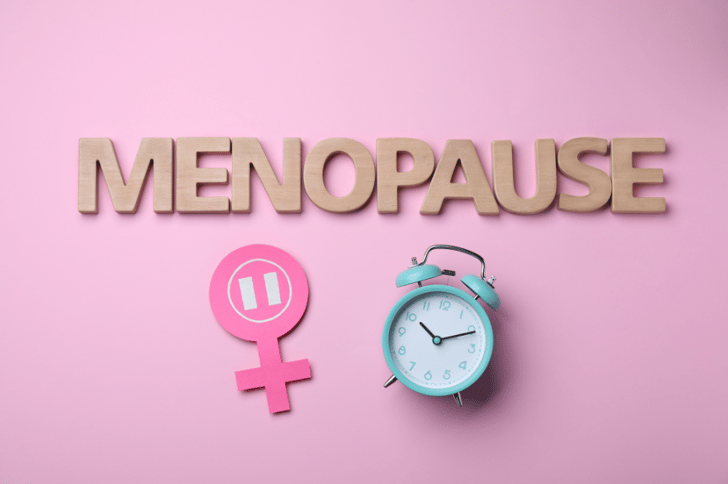Understanding Menopause: Symptoms and How to Manage Them
Menopause is a natural transition, but symptoms like hot flashes, mood swings, and insomnia can vary for every woman. In this blog, we break down common symptoms and share tips to help you manage them with confidence. Stay informed and take control of your journey!

Menopause is a natural transition in a woman's life, marking the end of menstrual cycles. While it is a normal biological process, the symptoms associated with menopause can vary significantly from person to person. Some women may experience only mild discomfort, while others face more challenging changes that impact their daily lives. Understanding these symptoms can help women navigate this phase with greater ease and confidence.
Common Symptoms of Menopause
Every woman’s experience with menopause is unique, but some classic symptoms are commonly reported. These include:
1. Hot Flashes and Night Sweats
Hot flashes are sudden feelings of warmth, typically most intense over the face, neck, and chest. These episodes can last from a few seconds to several minutes and may be accompanied by sweating, chills, and an increased heart rate. Many women also experience night sweats, leading to disrupted sleep.
2. Mood Swings
Hormonal fluctuations during menopause can lead to mood swings, anxiety, irritability, and even depression. Emotional well-being is a crucial aspect of menopause, and seeking support from loved ones or professionals can be beneficial.
3. Low Sex Drive
Reduced estrogen levels can decrease libido and lead to vaginal dryness, making intercourse uncomfortable. Open communication with a partner and exploring lubricants or hormone therapy may help address these concerns.
4. Fatigue
Feeling constantly tired or drained is a frequent complaint among menopausal women. Fatigue may result from sleep disturbances, hormone changes, or lifestyle factors.
5. Insomnia
Sleep disturbances are common during menopause, often caused by night sweats, anxiety, or hormonal imbalances. Creating a calming bedtime routine and avoiding caffeine before bed can improve sleep quality.
6. Difficulty Concentrating and Memory Issues
Some women report brain fog, forgetfulness, and trouble focusing. These cognitive symptoms can be frustrating but are usually temporary.
7. Urinary Incontinence
Weakened pelvic floor muscles and declining estrogen levels may contribute to urinary leakage or urgency. Pelvic floor exercises, like Kegels, can help strengthen bladder control.
Managing Menopause Symptoms
While menopause is inevitable, various strategies can help manage symptoms and enhance overall well-being:
- Healthy Diet: Eating a balanced diet rich in fruits, vegetables, lean proteins, and whole grains can help maintain energy levels and support overall health.
- Regular Exercise: Physical activity can improve mood, boost energy, and promote better sleep.
- Hydration: Drinking plenty of water can ease symptoms like dryness and fatigue.
- Stress Management: Practices such as yoga, meditation, and deep breathing exercises can help manage mood swings and anxiety.
- Medical Support: Hormone replacement therapy (HRT) and other medications may be beneficial for women experiencing severe symptoms. Consulting a healthcare provider can help determine the best treatment approach.
Menopause is a significant milestone, and while it comes with challenges, it also marks the beginning of a new chapter in life. By understanding symptoms and exploring management strategies, women can embrace this phase with confidence and grace. If menopause symptoms are impacting your quality of life, don't hesitate to reach out to a healthcare provider for personalized guidance and support.
































